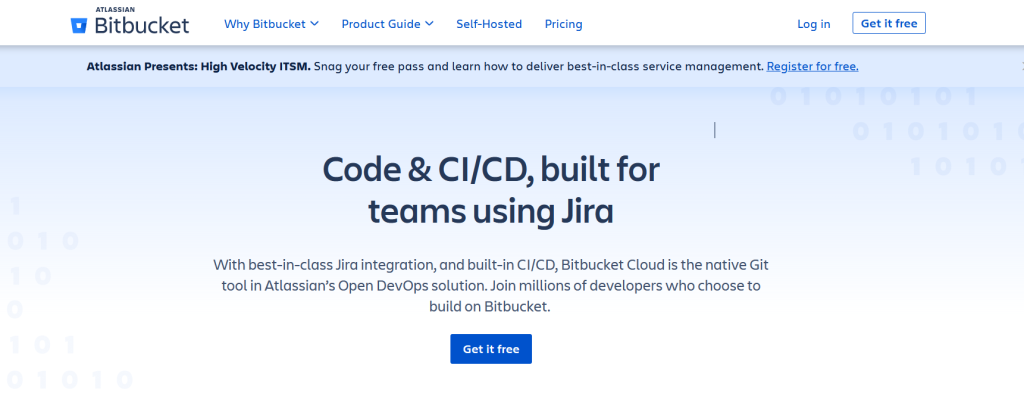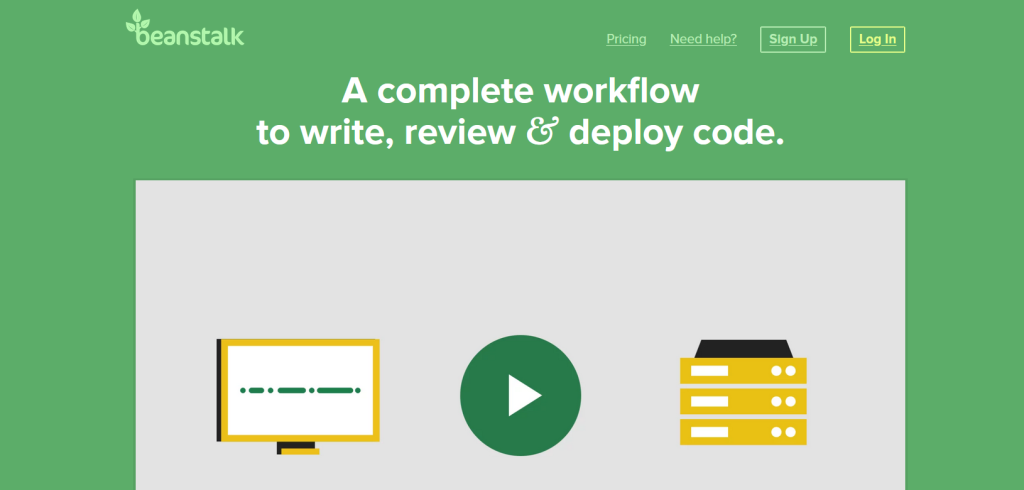GitHub is a collaborative, powerful, and open-source platform that uses Git, the open-source version control software. It is well-known as a development platform that hosts projects and where every project has its repository and unique URL.
Even though it is the most popular open-source platform and used by more than 40 million users worldwide, Github does come with some downsides, as many users claim it lacks in security, as well as not being beginner-friendly with its somewhat confusing user interface and high pricing for certain features.
If you share the same view, you have come to the right place because we have composed a list of several best open-source Github alternatives to use in 2023.
#1 Gitlab

Gitlab is an open-source, secure, and efficient platform for handling software development and operations. The alternative closest to Github in terms of use and features is a convenient solution that supports Group milestones, Issue tracker, configurable Issue boards, and Group issues.
Gitlab is known for its excellent interface and provides technical documentation on, for example, how to import your data from other vendors. Furthermore, its other features include Time tracking, powerful Branching tools, File locking, Merge requests, Projects roadmaps, and many more.
Trusted by big organizations such as IBM, Sony, and NASA, Gitlab is a perfect choice for project managers, designers, and developers.
#2 Bitbucket

Bitbucket is another popular Github alternative that offers unlimited public and private repositories and is perfect for teams who use Jira Software.
Since it is a hosting service coming from Atlassian, it is also tightly integrated with its other project management tools. Bitbucket includes many impressive features, including Bitbucket pipelines, Full requests, Smart mirroring, Flexible deployment models, IP whitelisting, and Branch permissions for protecting your work.
Bitbucket can also be deployed on the cloud, your company’s data center, or your server.
#3 Beanstalk

If you are looking for a secure, high-performance, and reliable Github alternative for managing source code repositories, Beanstalk might be the right choice for you.
It is designed to improve your development workflow using features such as Code review, Issue tracker, Repository statistics, Release notes, Notifications, Compare view, and history of commits and files.
Trusted by large companies such as Phillips and Intel, Beanstalk keeps your entire team on the same page, allows you to track your project statistics, and easily integrates with your favorite chat tools. It also uses a safe infrastructure, as all the data is transferred using bank-level encryption.
#4 Sourceforge

Another popular name on the list of GitHub alternatives is Sourceforge, open-source software development and distribution platform built to uplift open-source projects specifically.
Hosted on Apache Allura implementation, Sourceforge supports any number of individual projects. Moreover, it offers Code repositories, an Open-source directory, tools for Integrated issue tracking, and Project documentation.
Made by developers for developers, Sourceforge also supports forums, blogs, and mailing lists, serving as a comparison platform where customers can find, compare, review and purchase business software and an abundance of IT services.
Conclusion
Whether you are a developer, project manager, or designer, we are sure that you will be able to make the right choice among the previously listed GitHub alternatives.
Even though the choice might not be easy, it should depend solely on your business needs and preferences, whether your priorities lie in privacy, collaboration with team members, or some other feature these hosting platforms offer.
Almost all of the mentioned alternatives provide tools for importing existing repositories from Github, which is a convenient feature for all GitHub migrants.






